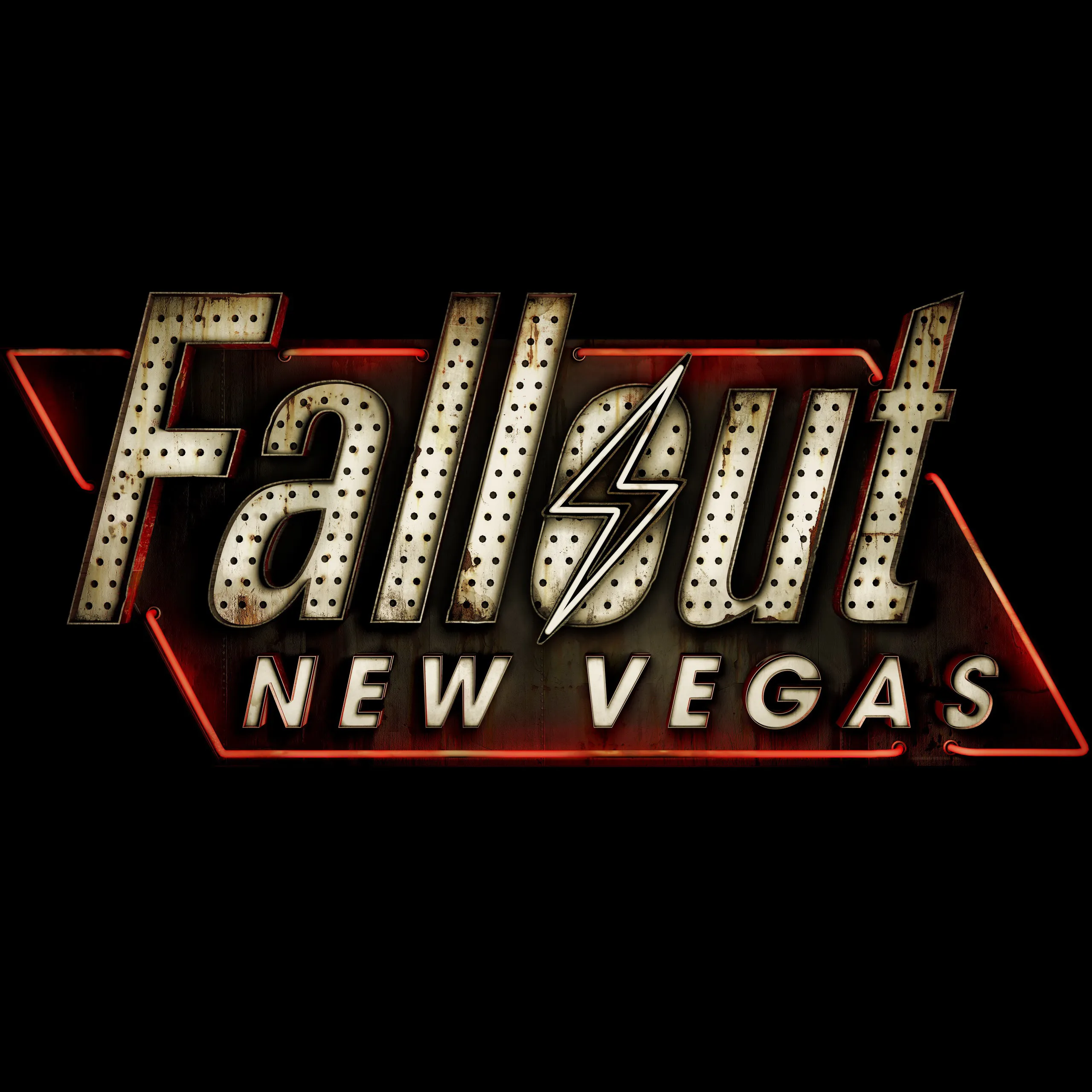The Fallout: What You Need to Know About the Latest Controversy Shaking America
In recent weeks, a controversy surrounding the beloved Fallout franchise has erupted, igniting passionate debates among fans and critics alike. At the center of this storm is Todd Howard, the renowned director at Bethesda Game Studios, who has been accused of using the newly released Fallout TV series on Amazon to retcon elements from non-Bethesda Fallout games. This has sparked a wider conversation about the implications of adaptations in the gaming community and the balance between creative freedom and fan expectations.
The Fallout TV series, which premiered to mixed reviews, has been praised for its satirical take on post-apocalyptic themes. However, many fans are divided over how the show portrays established lore and characters, leading to heated discussions on social media platforms. Critics argue that the series alters the original narrative in ways that could undermine the franchise’s integrity. As one fan stated, “It feels like they’re rewriting history just to fit their vision, and it’s frustrating.”
What Happened?
The controversy gained momentum when it was revealed that certain elements from the TV series appeared to contradict or overwrite established lore from previous Fallout games. This has led to accusations that Howard is attempting to reshape the franchise’s history to align with the new narrative direction. Key figures in the gaming industry have weighed in, with some supporting Howard’s vision while others have criticized the changes made to the original lore.
- Claims of Retconning: Fans allege that the series alters key plot points and character backgrounds from earlier games.
- Mixed Reviews: While some viewers appreciate the show’s humor and creativity, others feel it disrespects the source material.
- Heated Discussions: Social media platforms have become battlegrounds for fans debating the merits and flaws of the adaptation.
Who Is Affected?
The fallout from this controversy extends beyond just the fans; it raises significant questions about the future of video game adaptations in other media. As the Fallout franchise has a dedicated following, many fans feel a sense of ownership over its lore and characters. The changes made in the TV series have sparked broader discussions about nostalgia and the responsibilities of creators when adapting beloved properties.
Moreover, the controversy has implications for the gaming community as a whole. Many industry experts are concerned that such adaptations could lead to a trend of disregarding established lore, potentially alienating long-time fans. As one industry analyst noted, “If creators continue to prioritize their vision over the expectations of fans, it could lead to a backlash that harms future adaptations.”
When Did This Start?
The debate began shortly after the release of the Fallout TV series, which premiered on Amazon in early April 2024. Fans quickly took to online forums and social media to express their concerns about the series’ fidelity to the original games. The discussions intensified as more episodes aired, revealing further discrepancies with established lore.
Why Does This Matter?
This controversy matters for several reasons. Firstly, it highlights the ongoing struggle within the gaming community regarding the adaptation of beloved franchises. Fans often have strong emotional connections to the characters and stories they grew up with, making any perceived alterations particularly contentious. Secondly, it raises questions about the balance between creative freedom and fidelity to source material. As adaptations become more common, finding this balance will be crucial for maintaining consumer trust.
How Are Industry Leaders Responding?
Key figures in the gaming industry have been vocal about their opinions on the matter. Some have come out in support of Howard, arguing that creative reinterpretations can lead to fresh and exciting narratives. Conversely, others have criticized the changes, emphasizing the importance of honoring established lore. The mixed reactions reflect a broader cultural conversation about ownership and the evolution of storytelling in gaming.
Citing the controversy, one prominent game designer remarked, “Adaptations can breathe new life into a franchise, but they must respect the foundation that fans have come to love.” This sentiment resonates with many fans who feel that while innovation is important, it should not come at the expense of the franchise’s legacy.
Conclusion
As the Fallout controversy continues to unfold, it serves as a reminder of the complexities involved in adapting beloved franchises. The debates surrounding Todd Howard’s decisions and the Fallout TV series underscore the importance of transparency and accountability in creative endeavors. With fans increasingly demanding higher standards of fidelity to source material, the gaming industry must navigate these waters carefully.
In the end, the fallout from this controversy could shape the future of video game adaptations, influencing how creators approach storytelling in a landscape where nostalgia and innovation must coexist. As fans, critics, and industry leaders engage in this ongoing dialogue, one thing remains clear: the passion for Fallout runs deep, and its legacy will continue to inspire discussions for years to come.






Leave a Comment